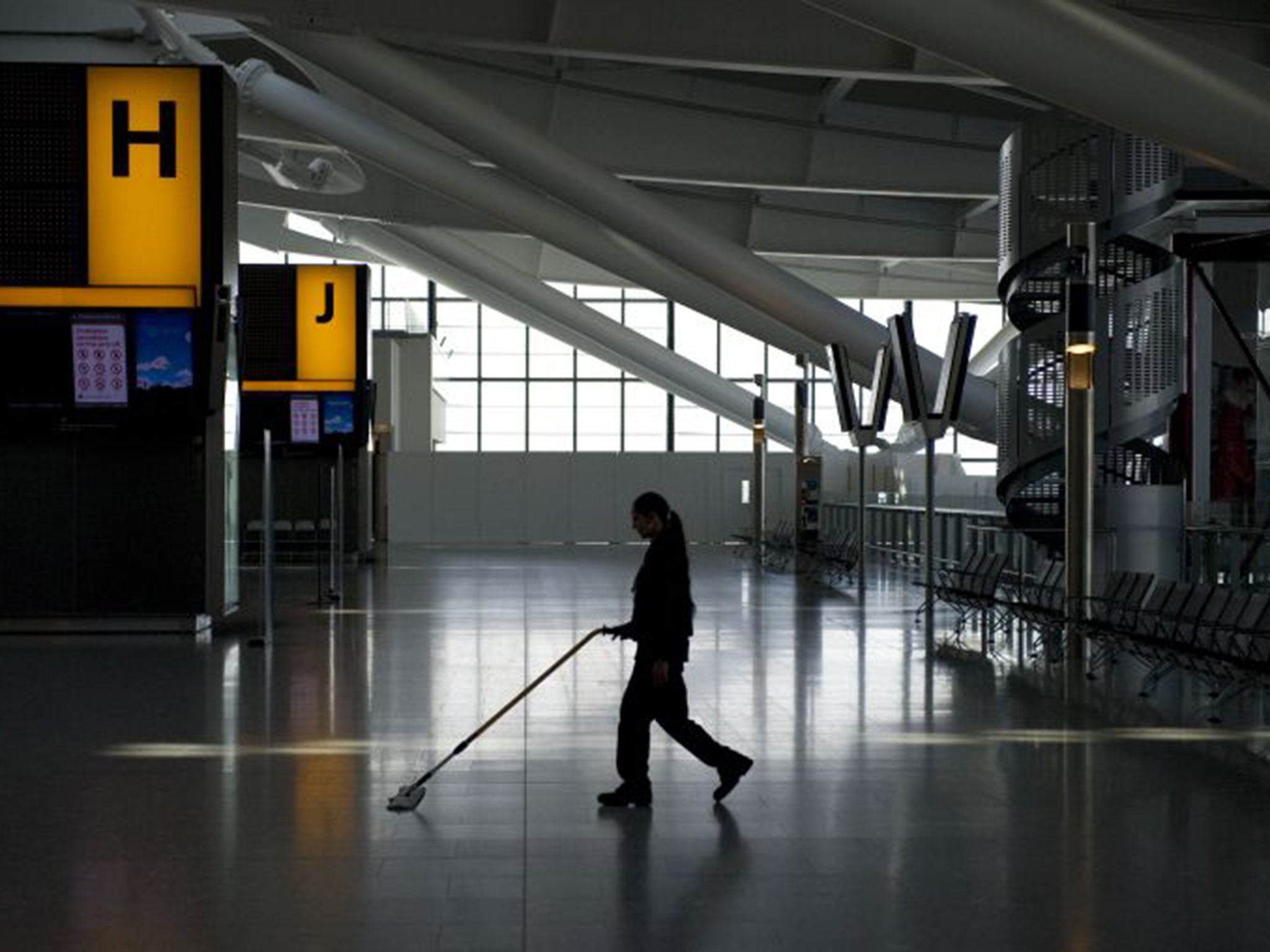Living wage dodgers will face fines under new Government rules
It’s all part of a Tory plan to shrink the state

The Government has said it will fine retailers who fail to pay their employees the new National Living Wage when it comes into force next April.
A new unit will be set up at HM Revenue Customs to seek out employers trying to dodge the new minimum pay rules. Employers could then face fines and other penalties, such as disqualification from being a company director for 15 years.
David Cameron, the Prime Minister, said in an article published in the Times that the penalties were to ensure "people properly benefit from the recovery".
But a higher living wage also shifts the responsibility for helping poor people to private institutions, like their employers, and away from Government benefits like tax credits.
The Government has not previously taken a hard line against firms that do not pay the minimum wage, however there were signs that this was changing earlier this year, when 162 firms were fined for non-compliance in a crackdown that was launched 18 months earlier.
What is the National Living Wage?
In the summer Budget, George Osborne said the national minimum wage will rise from £6.50 to £7.20 next April for the over-25s. By 2020 it will rise to £9 an hour, benefitting around 2.7 million low wage workers.
Those under 25 will continue to be paid at the current lower minimum wage rate – despite cuts to working tax credits and housing benefit.
Can people live off it?
The Living Wage Foundation have calculated that people outside London need £7.85 to live on, while those in London need £9.15.
By 2020 the new legal minimum wage will be above that, if the Government sticks to its plans. However, there will be no separate higher minimum wage level for London despite increased living costs.
Will the worst-paid workers over 25 be better off?
Not necessarily. A four-year freeze on tax credits announced by George Osborne the Budget could more than wipe out any gains made from a bigger pay packet.
Labour said a couple who both worked full time on the minimum wage would gain £1,560 from the new living wage but would lose £2,000 from the changes to tax credits.
Will businesses be able to afford the new higher rates?
Higher wages are expected to cull 60,000 jobs in the UK as businesses stretch to higher pay. Businesses have already said the measure will put pressure on their balance sheets – including the UK CEO of McDonald’s, who agreed last week that the higher rate would be a burden.
Why is Cameron doing this?
Cameron wants the private sector – employers – to be responsible for helping the poor by increasing wages, while he scales back public involvement by cutting poor people’s tax credits. It’s all part of a Tory plan to shrink the state and create a low tax, low welfare economy.
Subscribe to Independent Premium to bookmark this article
Want to bookmark your favourite articles and stories to read or reference later? Start your Independent Premium subscription today.

Join our commenting forum
Join thought-provoking conversations, follow other Independent readers and see their replies